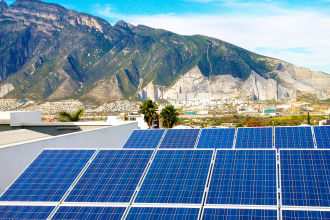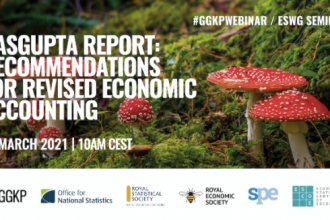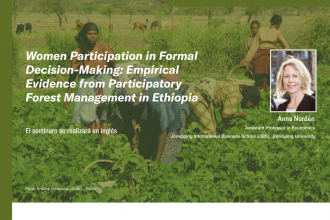
EfD Chile contributed to environmental economics research skills among Latin American students
EfD Chile, in collaboration with EfD Colombia, EfD Central America, and LAERE participated in the organization of the 2021 Society for Benefit-Cost Analysis (SBCA) Annual Conference . The event was…



